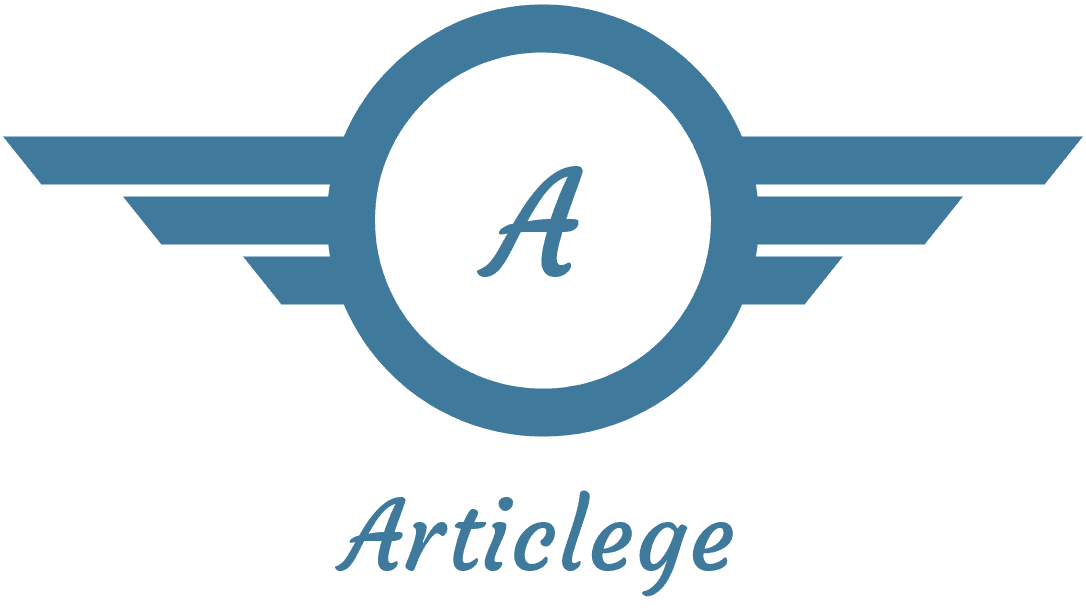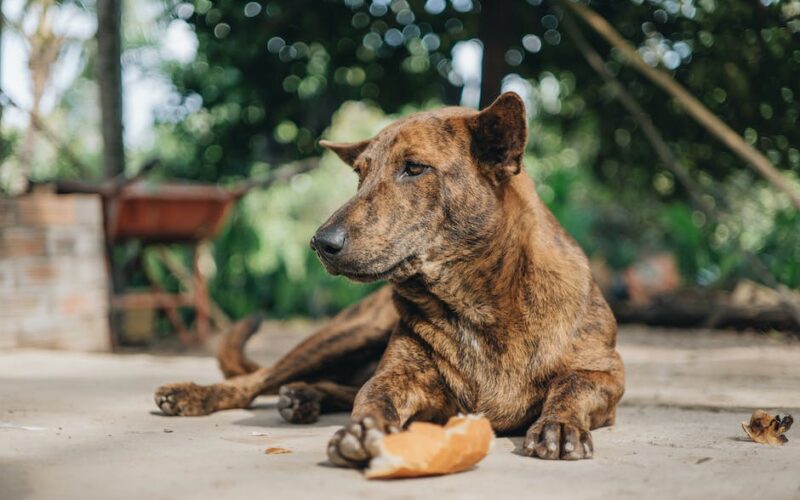Many people believe that if something looks or sounds good, then it is okay to eat for your pet. This is not always the case! Certain foods can be harmful or deadly to your dog or cat.
Some of the most common culprits are table scraps like meat, bones, vegetables and fruits. The leftover pieces of food may look appealing to your furry friend, but they do not agree!
In fact, these foods can sometimes make your pet very sick or even cause death. Unfortunately, some dogs and cats suffer from an illness called pica (also known as eating disorder).
This happens when your pet eats non-food related materials such as dirty dishes or plastic bags. These substances enter the body in the form of pills, which your pet swallows down.
The health risk with this behavior is that the child, adult, or animal does not have enough vitamins in their system to function properly. Sometimes a person will see signs of vitamin deficiency such as dry skin and hair, weight loss, and weakness.
For instance, someone could notice poor coat texture or wrinkled fur due to lack of nutrients. Because puppies and kittens need nutrition more than adults, young children and animals are at greater risk from nutritional deficiencies.
Luckily, there are a few things you can do to prevent nutritional ills in your pets. Here we will discuss ten healthy snacks that no one should ever feed to their dog or cat.
Too much fat

As we mentioned before, dogs are not designed to store large amounts of glucose in their body. Because of this, they will have to look for ways to burn off all that excess energy. They can get it from eating carbohydrates, but only if these are consumed in moderation!
Too many people feed their dog too many fats by giving them meat or butter as food. This is actually very poor nutrition because dogs need to be deprived of saturated fat to survive.
Saturated fats are found in foods such as meat, coconut oil, and butter. These are needed for healthy blood circulation, growth, and immune function. If your dog eats enough saturated fat, he may develop overweight or obesity.
Dogs who are obese are at greater risk of health problems related to weight gain, including heart disease and diabetes. So, make sure to keep an eye on your pet’s weight to ensure his overall well-being.
Never give your dog any kind of animal fat (such as chicken lard, tallow, or suet) as food. These are extremely high in calories due to the high content of unsaturated fatty acids.
Too much sugar

Many people believe that dogs are hungry when they seem to be eating too quickly. This is not always the case! Dogs do not need as many calories as we think they do!
Dogs require only around 2,000–3,000 kilojoules (or kcal) per day- this is about 500 kcals less than what most average weight humans consume.
Too much sugar in your dog’s diet can cause obesity. Unfortunately, overweight pets cannot perform some of the natural functions of their body like breathing or heartbeat, which can prove to be fatal for them.
Some breeds are particularly susceptible to health problems due to their size. For example, large breed dogs such as Great Danes and Saint Bernards are known to suffer from heart disease more frequently than other breeds with similar weights.
Limiting your pet’s intake of plain white foods may also help reduce weight gain. These foods contain little nutrition and so few calories that your dog does not eat enough of it to satisfy his/her nutritional needs.
Instead, try giving your dog more nutritious food like chicken, fish, cooked vegetables and fruits, etc. – just make sure to check that it doesn’t have additives or preservatives you don’t want your dog to ingest.
By having a healthy weight, your dog will live a happier and longer life.
Too much salt

Salt is essential for healthy living, but too much of it can be harmful. For dogs, excessive amounts of table salt or salty food may cause vomiting, diarrhea, dry skin and mouth, lack of coordination, shallow breathing, and coma in severe cases.
Some breeds are more sensitive to salt than others. Therefore, if your dog seems unusually aggressive or hyperactive during these times, then you should consider reducing or even eliminating salt from his/her diet.
You should also check to see whether your dog has red eyes due to water loss with high sodium levels.
Too much salt can contribute to heart disease as well. Since dogs that are fed lots of processed foods often have higher blood pressure, limiting added salts in their diets helps reduce this risk as well.
General tips: limit added sugars and calorie-dense foods such as meat and cheese broths, dried beans and meats, so your pet does not consume excess fat or calories.
Too much yeast

Yeast is an integral part of many healthy diets for animals and humans. It contributes to digestion in several ways, including helping with nutrient absorption and enhancing your pet’s overall health.
Yeast is found everywhere from plants to meat to some types of fish so it is not a specific food group that can be overly limiting for your dog or cat.
However, there are some foods that contain too much yeast for your animal friend. These excessive amounts of yeast can have negative effects on their health.
Some of these excess-yeast containing foods are recommended for human consumption, but they may pose risk factors for dogs or cats who eat them.
These ten (10) foods are extremely high in yeast which may negatively affect your pets’ health. If you find any of these foods in your home, remove them immediately as they could cause serious problems for your companion.
Too much processed food
Unfortunately, most commercial foods for dogs and cats are too high in additives. These additives do not help your dog or cat taste better, nor will they aid in their general health. Many of these additives can actually be harmful to them!
Many brands use special chemicals such as tartaric acid to give the meat an attractive color. Tartaric acid is linked to kidney problems in animals and humans.
The list goes on and on — artificial colors, preservatives, and/or salt. All of these contribute to making the food more palatable to you, but unfortunately, they don’t do anything for your pet. They may even negatively affect your child when they eat snacks that contain them!
So what are the top offenders? Let’s take a look at some of the most common ones and how to prevent them from finding their way into your pets’ mouths.
Too much fruit

Many people believe that giving your pet some fruits is good for them, but unfortunately this isn’t always the case. Some dogs are sensitive to certain fruits so they may become allergic or develop gastrointestinal (GI) issues when eating them.
Dogs with food allergies can have symptoms such as hives and swellings around their mouth and throat, vomiting, diarrhoea and weight loss.
In severe cases, death could occur due to anaphylactic shock. Fortunately, in most instances, your dog will be able to tell you if he has any kind of digestive issue. If he does show signs, stop feeding him the affected item and see if his condition improves before deciding whether to give it to him again.
Some fruits contain trace amounts of gluten which can cause inflammation in dogs who are genetically predisposed to celiac disease. While very few dogs have celiac disease, many owners choose to exclude wheat from their pets’ diets because their fur gets stuck together and dander becomes embedded in the skin.
By excluding wheat, however, animals may not get enough nutrients including zinc, iron and vitamin B12. These minerals play important roles in healthy digestion and immune function and puppies under six months old need special care since they are developing systems.
Too many vegetables

Many dogs are not able to process too much of certain nutrients in the diet, such as zinc or vitamin D. These can be supplemented via meat products, but some breeds need more specific vitamins than others do.
Dogs with poor nutrition may develop symptoms like dry skin and flaky coat, weight loss, weak limbs, floppy ears and/or fur that comes out in clumps. All these indicate low levels of selenium, iron, or both in the blood.
Too much meat

Many dog owners think that because their pet eats some food with bones, then they can eat just as many bones themselves. This is not the case! When dogs eat chicken or beef diets, it often does not take long before they show signs of bone cancer or other digestive issues due to the high levels of phosphorus in the diet.
Phosphorus is an essential mineral for healthy digestion but too much can be harmful. Phosphorus content in foods is related to the kind of protein source the meat comes from and how the meat is cooked.
Too much red meat can have negative effects on your dog’s health. Red meat contains higher amounts of phosphorous than white meat like fish or poultry. If your dog has any symptoms such as weight loss, poor grooming, vomiting, lethargy or diarrhea, see your doctor immediately to determine if there are nutritional deficiencies.
You may also want to limit the amount of raw meat your dog consumes since eating uncooked meat can put stress on his/her stomach.

